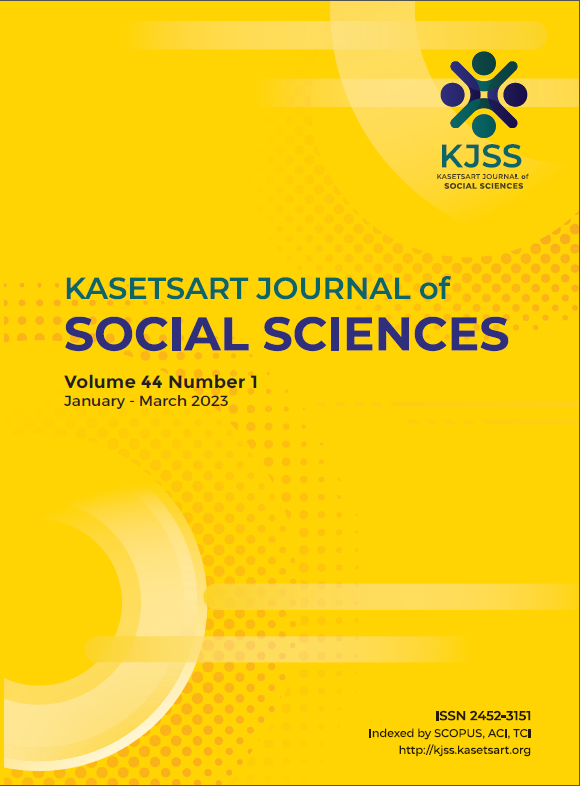Testing the relationship between democratic accountability and the approved use of inactivated COVID-19 vaccines: Evidence from 194 countries
Keywords:
COVID-19 vaccines, democracy, democratic accountability, government accountability, inactivated COVID-19 vaccinesAbstract
Rapidly inoculating populations with efficacious vaccines is key to ending the ongoing coronavirus disease 2019 (COVID-19) pandemic. This study attempts to identify political determinants that could explain how governments worldwide chose the main COVID-19 vaccines used in their countries. Specifically, it provides a quantitative examination of the association between democratic accountability (i.e., democratic regime type and government accountability) and approved usage of inactivated COVID-19 vaccines (namely, CoronaVac, BBIBP-CorV, and WIBP-CorV) in 194 countries. This examination is conducted using the method of binary logistic regression. Results indicate that the use of such vaccines is negatively associated with government accountability. Conversely, democracies have a higher tendency to approve the use of this vaccine type. This implies that governments with greater accountability, regardless of their political nature, tend to have better COVID-19 vaccine policies, viz., procuring higher-quality COVID-19 vaccines for mass vaccination
Downloads
Published
How to Cite
Issue
Section
License

This work is licensed under a Creative Commons Attribution-NonCommercial-NoDerivatives 4.0 International License.
This is an open access article under the CC BY-NC-ND license http://creativecommons.org/licenses/by-nc-nd/4.0/










